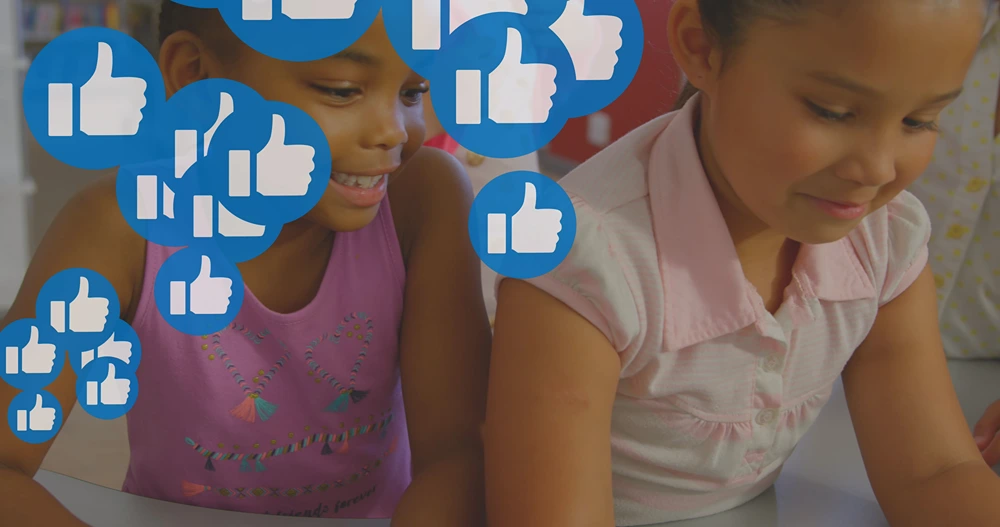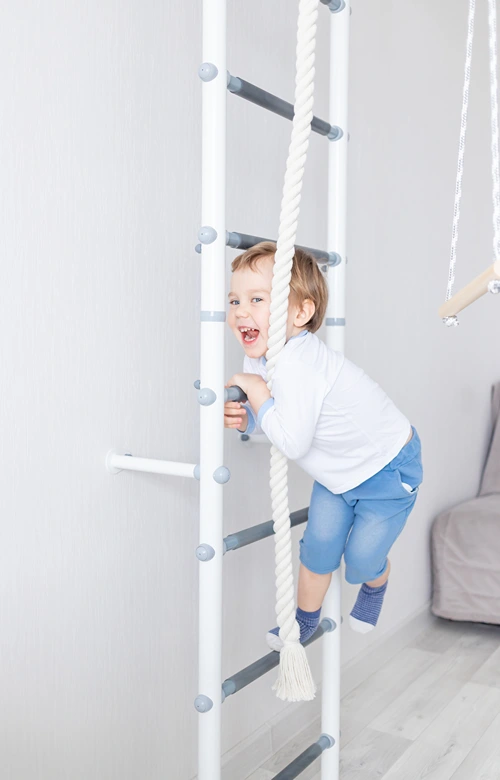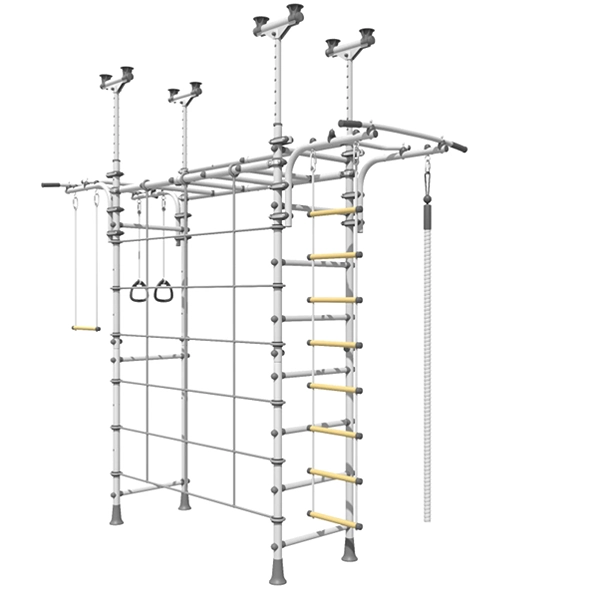Setting Up Strong Security on Kids’ Devices: A Parent’s Checklist
Online safety for kids is a big point of concern for modern parents. Creating a balance between digital use and safety is tricky but can be achieved with some practical measures. The use of devices like phones, tablets and laptops is common among kids.
It could be related to online academic research or watching movies or playing games. The use could be for anything, but the concern remains the same throughout.
How to ensure that they are watching safe content, dealing with legit people and using the right tools to work on are some of the areas that parents need to monitor constantly. Let’s explore a checklist that you as parents can use as a guiding resource to ensure the online safety of your kids.
Configure Parental Controls
Setting permissions is important to provide kids the safety that they need when online. With parental controls, you can set the time limit for online use and what they access. This guided space on their devices serves as a fortification that scammers cannot easily breach. A well-thought-out parental control setup should be done across every device and what they do on it on various apps and websites.
Set control limits on what they can download and what they can spend online. While setting controls, if you see anything suspicious on their phones, take immediate action. There are symptoms you shouldn’t ignore because their iPhone or Mac might have been hacked. Check for preventive steps to be taken in case of any hacking. Moonlock blog is a helpful blog that you and your kids can bookmark to use for information on controlling devices in the best way. There are comprehensive blogs on signs of hacking on various devices, including Macs, iPhones and iPads, that you will find highly useful.
Adjust Device Security Settings
Most devices, especially from Apple, provide strong built-in system settings. If used properly, these provide the first layer of defense that a device needs. From protecting data to preventing unauthorized access, device security settings for children play an important role. The settings you should review include:
- Lock devices with PINs or biometrics
- Disable unverified app installations
- Turn off unnecessary location sharing
- Disable unnecessary permissions for apps
- Match settings with kids’ age and usage purpose
Image credit: Freepik
Use Content Filtering Tools
Content filters are a must-have for kids. Filtering content as per their age groups and blocking what is not appropriate is important.
Make sure no adult/18+, gambling or violent content is allowed. To block this content, use filters across web browsers and apps. Content filtering tools will give you peace of mind, as they provide a safe browsing and viewing environment for your kids.
Install Anti-Malware Protection
Children might know the basics of cybersecurity but being aware and actually following it in real life are two different things, especially when it’s kids. They may click unfamiliar links or download content files or free apps without knowing the security risks. This is why anti-malware protection should be used, as it identifies and either blocks or removes malicious links and download attempts.
Here’s how malware protection works:
- Scans downloads in real time
- Sends alerts for suspicious activities
- Automatically updates against new threats
- Protects across apps and browsers
- Reduces risk of identity, data and account theft
Manage Social Media Privacy

Privacy settings on various apps, especially social media like Instagram, TikTok, Facebook, etc., can be used to control what personal information is visible online.
It’s basic nature for kids to be overexcited and share more than what is required. They don’t realize the long-term impact or current risks of oversharing photos, videos or personal details online. A child device security checklist should include information on how to set up and control online accounts. This is what you should do:
- Use child-specific accounts – not adult profiles
- Limit profile visibility on social media (if possible, make it private)
- Turn off automatic photo and location sharing
- Limit who can send friend requests
- Don’t make phone number and email public
Plan A Safe Browsing Routine
Digital boundaries are important when kids browse the internet. You cannot control what kids browse all the time so make security a behavioral aspect for browsing. Let kids know what effective and independent internet use means.
If they question your decisions, be open to answering things like why some content has been restricted by you. To make your efforts succeed, build trust and communicate freely with them.
Conclusion
Online safety for kids should be an ongoing effort, not a one-time setup. Reviewing browsing history, providing updated information on cybersecurity and setting up devices for malware tools, etc., are part of a plan that you need to provide a safe digital environment to the kids. As mentioned above, don’t enforce rules without making them aware through seamless communication. Win their trust and include them in the knowledge process so they can be your partners in the process.










